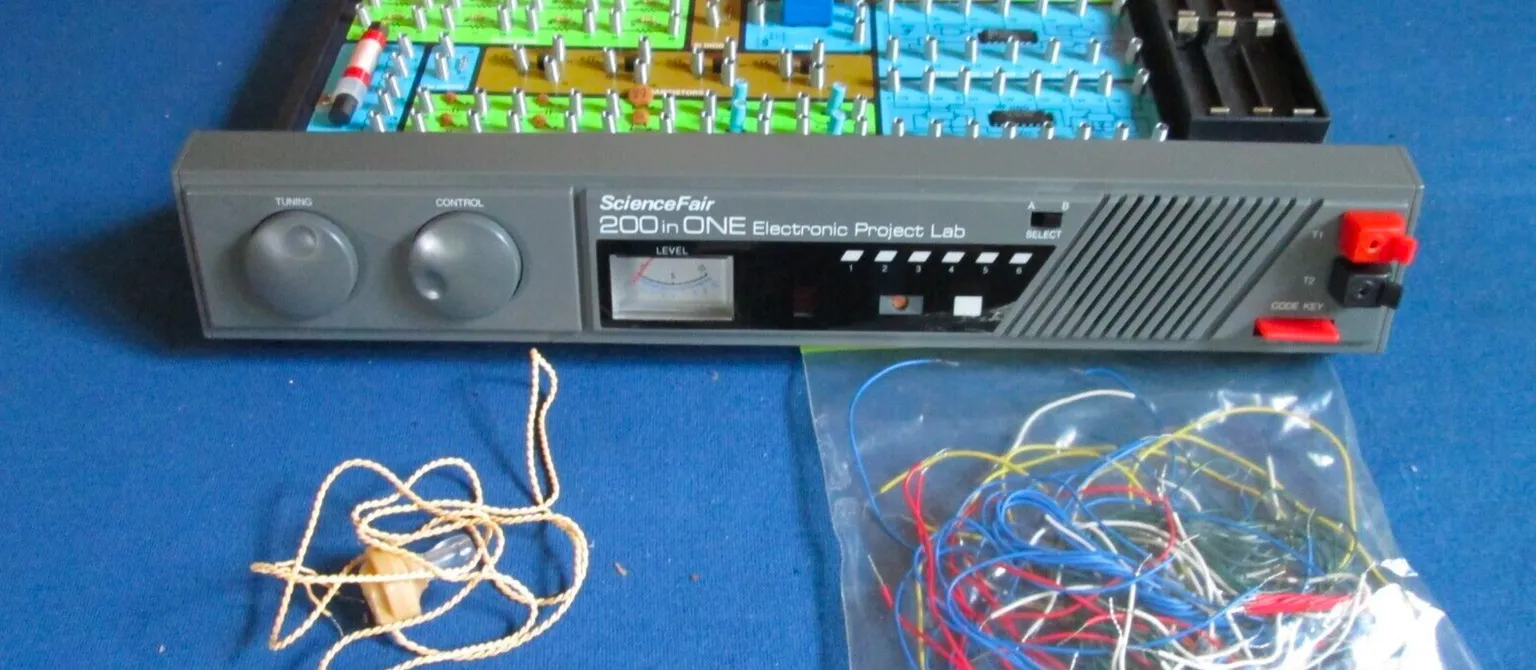About Us
Adom is currently in stealth mode. As any new startup, we're in the heavy R&D stage, so we can't say too much publicly about what we're working on yet. We can tell you, however, your electronics workbench is in dire need of innovation.
Why your workbench? Because it's a mess. It's unstructured. It's impossible to find anything. You never have all the tools you need. You never have all of the electronics components you want. You fumble for your multimeter and your batteries are dead. Your oscilloscope is too far away from the part you're working on, or you fried it, or it's not fast enough, or it's too hard to gather data from it. You have piles of PCBs from different iterations of your project. You keep testing stuff and it gets laborious, so you stop testing. Your method of testing if your MOSFET produces too much heat is to touch it with your finger. You want to share your work with collaborators and they can't reproduce what you're working on without it taking weeks/months for them to mimic what you've done–which means they never do. You can't test out competing components because it just takes too long to make a mini test PCB for everything. The list goes on and on. It's time for something better. Your electronics workbench needs a revolution.
About the Founder

When John Lauer was a kid, he bought his first 200 in 1 electronics kit so he could build rocket detonators to impress the other kids in the neighborhood. Decades later, after selling his second startup for $952 million, he was struck by how little the design-build process had changed since then.
A dedicated proponent of the belief that human ingenuity can improve quality of life worldwide, John founded Adom as a way to remove the roadblocks unique to the hardware design process.
Two exits now under his belt, John has proven he can build large complex technically-detailed businesses. His last company, Zipwhip, sold to Twilio (TWLO on NYSE) for $952M (based on stock price on date of close) in July 2021. Zipwhip invented the business text messaging industry enabling businesses to adopt text messaging as their main communication channel with their customers. Zipwhip also invented the text enablement of the 12M toll-free phone numbers in North America, building out the industrial-grade infrastructure, and launching a commercial service with 99.999% uptime required by the industry. It is now normal, in the U.S. and globally, for consumers to interact with their doctors, schools, delivery services, restaurants, retailers, and services via texting because of Zipwhip. The complexity of Zipwhip's core system, the need for perfect uptime, and the commercial viability of the service lay the groundwork for how Adom will be designed.
Prior to Zipwhip, Lauer created Simplewire, one of the first text messaging short-code aggregation companies. Simplewire was instrumental in the invention of the short-code texting industry in the United States and Canada by working with all of the wireless carriers including AT&T, Verizon, T-Mobile, and Sprint to open up proprietary access to their networks to bring a commercial texting service to market. Simplewire is known for providing Twitter with its first short-code in 2005, thus enabling the now-famous social network. Simplewire was later renamed to OpenMarket after its acquisition by Qpass, Inc. in 2008. Lauer led the growth of OpenMarket to $350M in annual revenue.
Lauer was also the founder and creator of ChiliPeppr, the world's first open-source CNC machine operating system. ChiliPeppr gave the maker community the first freely available tool to operate CNC machines from a 3D control interface inside their web browser. ChiliPeppr was the first browser utility to connect via a USB server to CNC control hardware. ChiliPeppr's foundational open-source serial port connectivity powers today's Arduino web IDE. ChiliPeppr at its peak had 40,000 monthly active users and has changed how CNC machines are used from a browser. Lauer's Serial Port JSON Server inspired the browser to eventually add serial port connectivity–connecting your hardware to your software. Lauer's experience creating ChiliPeppr partly became the “necessity is the mother of invention” inspiration for Adom.